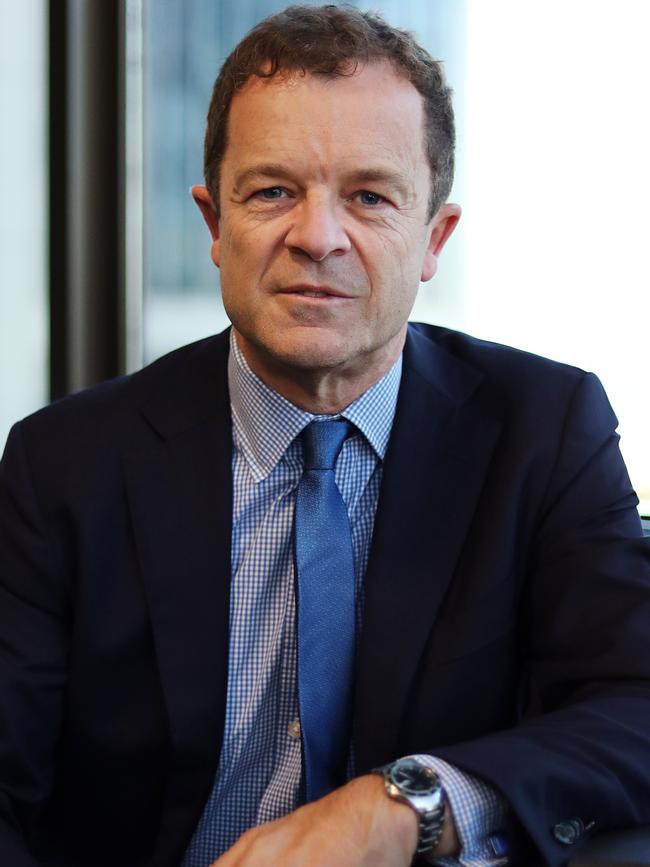Mark Speakman calls Mostafa Baluch bail decision ‘dreadful’
The NSW Attorney-General described the decision to grant bail to missing accused drug lord Mostafa Baluch as “dreadful”.
Police & Courts
Don't miss out on the headlines from Police & Courts. Followed categories will be added to My News.
Attorney-General Mark Speakman has admitted magistrates make mistakes in granting bail after accused major international drug dealer Mostafa Baluch fled following his release on $4m bail.
An investigation by The Daily Telegraph can reveal nearly one in 10 people released after bail is opposed by police fail to appear.
Soon after Baluch fled last week, Mr Speakman ordered a transcript of the proceedings from Central Local Court where the alleged drug kingpin was granted bail by Magistrate Michael Crompton.
“Obviously this decision (Baluch) has had a dreadful result. All our judicial officers work really hard, they are only human,” Mr Speakman said.
“Hopefully the offender will be caught. I can understand the despair and frustration of the police officers that have brought the charges.
“But at the end of the day, in every case, the judicial officer is going to have to balance on one hand, the risk to witnesses, the risk that an accused will disappear with on the other hand the presumption of innocence.
“Because in many cases an accused will be acquitted or not sentenced to further imprisonment and it would be unjust if an accused in those circumstances were kept for a lengthy remand.”


“Inevitably, when there are tens of thousands of cases, mistakes are going to be made from time to time. That’s an awful thing to say but that’s a reality when we have a huge criminal justice system, obviously the aim of the system is to minimise mistakes.”
Baluch, 33, is accused of being a major financier of a 900kg cocaine importation from South America, was granted bail under conditions including he wear an ankle bracelet, report to Mona Vale police station and put up his family’s $4m Bayview home as surety.
Within three days the bracelet had been cut off and Baluch is believed to be hiding out in Victoria.
“This case demonstrates the weaknesses with electronic monitoring with private organisations, it is not foolproof and this will be relied upon more in the future by prosecutors to oppose bail,” Mr Speakman said.
The Baluch investigation took two years and involved enforcement agencies around the world including the US Drug Enforcement Administration. NSW police believe other cases need to be reviewed, especially where bail is watered down on appeal.
Latest figures from the Bureau of Crime Statistics and Research show that 9.1 per cent of alleged offenders who were refused police bail but then released by the courts don’t turn up at court for their hearing.
“We lock them, get them off the street and hopefully protect the community but often they are back out the next day,’’ said one officer.




